If you’ve always wanted an Electric Vehicle (EV) but the costs have put you off, this news might be music to your ears.
America’s Clean Electricity Goals
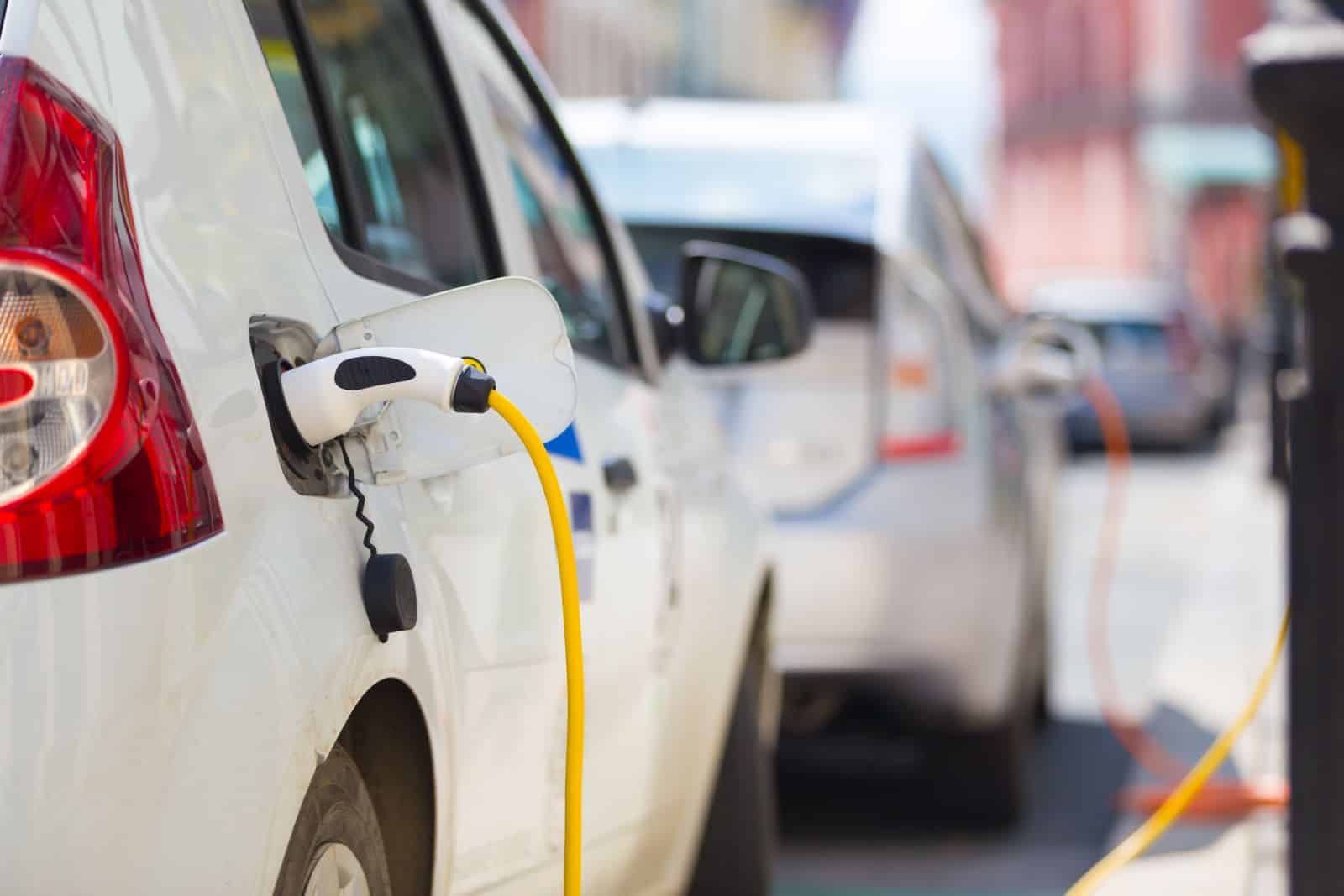
As America moves towards the government’s 100% clean electricity grid ambitions and a net-zero economy, electric vehicles should start to become the mainstream.
Pathway to a Net-Zero Economy

While the government’s implementation plans are a long way off – 2035 for clean electricity and 2050 for net-zero – companies are already pushing for the mass adoption of EVs.
Current State of Electric Vehicle Adoption

Unfortunately, that push is not working all too well at the moment. In most regions outside of China, electric car sales are slumping.
Challenges in Electric Car Sales
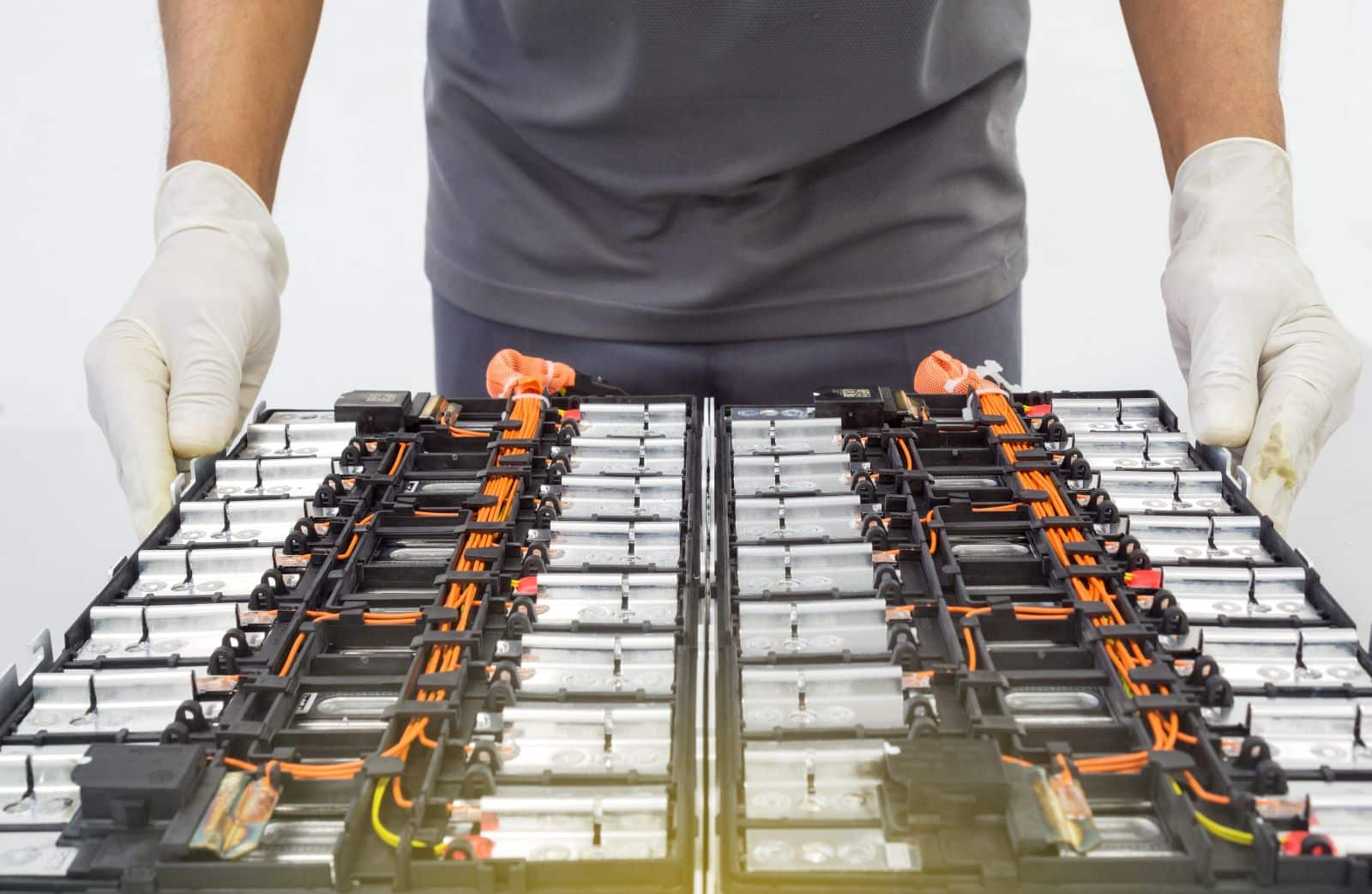
The main reason? The price of lithium-ion batteries. These batteries are essential for EVs, but their cost is through the roof because getting lithium out of the ground is an incredibly complicated and expensive procedure.
The Critical Role of Lithium
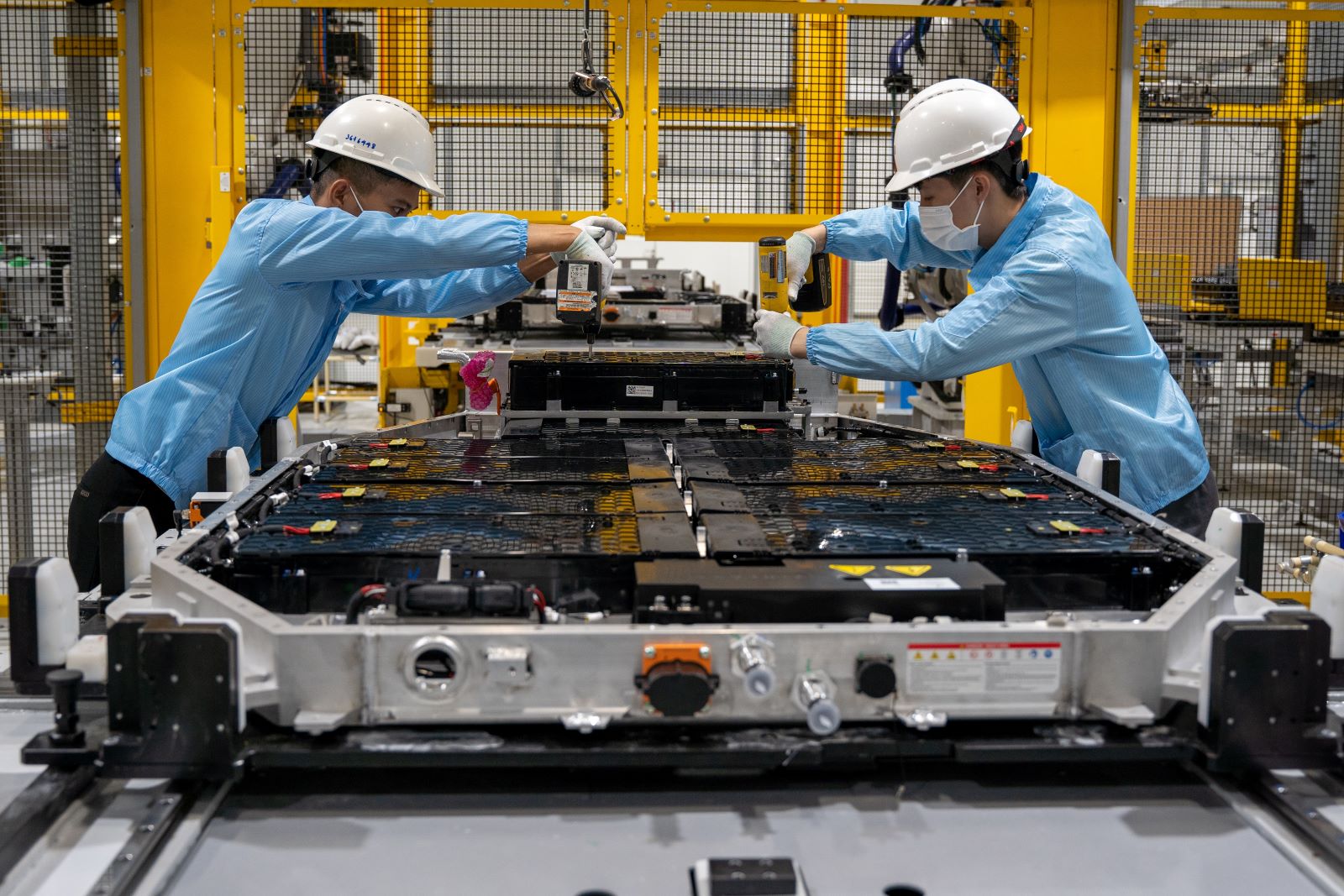
Lithium is crucial for making lithium-ion batteries, which are found in everything from your phone to laptops to electric cars.
Global Production Trends

While global production has tripled over the last decade, the current extraction methods are slow, use a lot of energy, and need high concentrations of lithium in rock ore.
Issues with Lithium Deposits

This means that only a few countries have lithium deposits worth mining – making the rest of the world rely on costly imports. This week, however, scientists revealed some interesting news.
Breakthrough Discovery by the University of Chicago
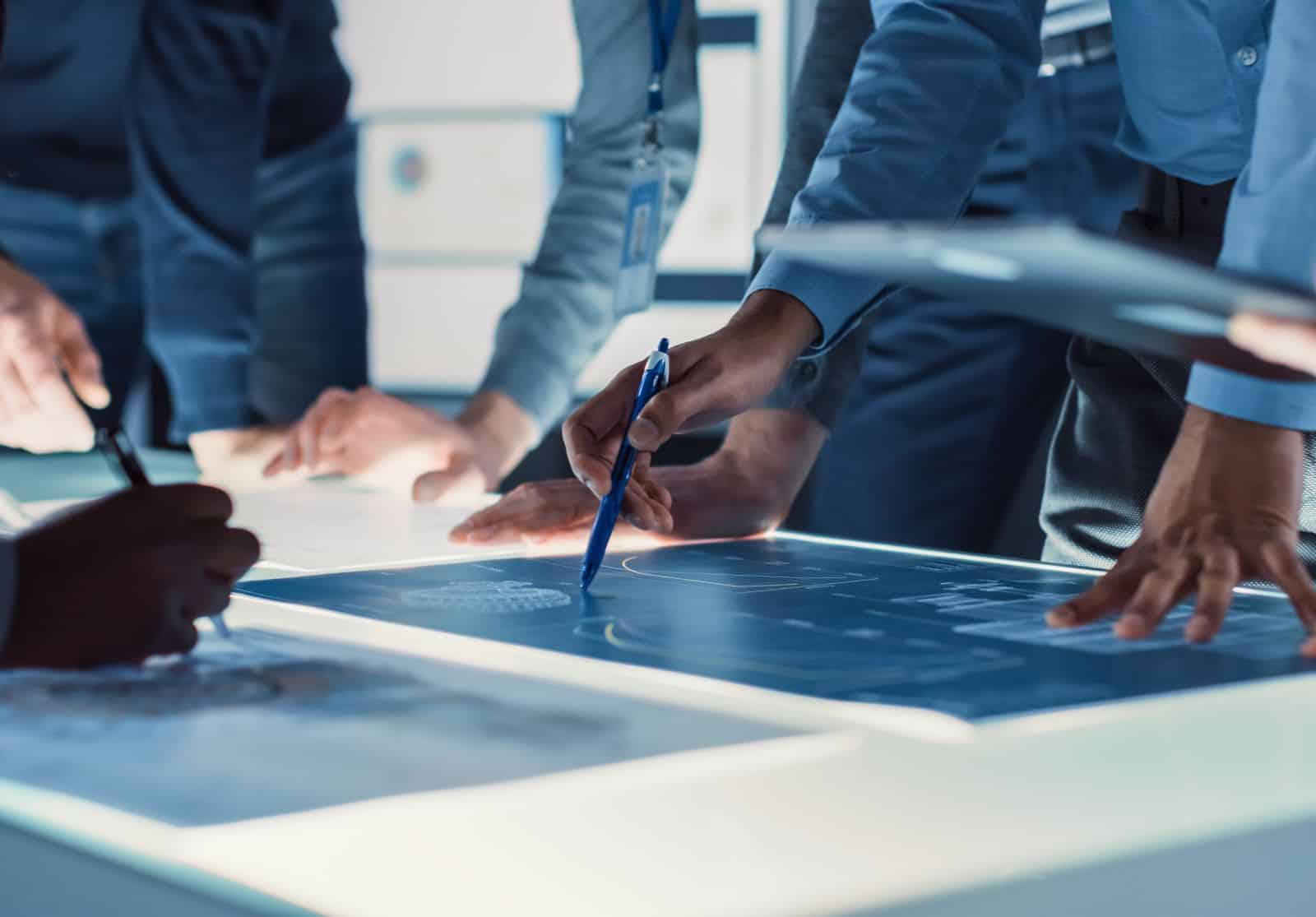
Researchers from the University of Chicago Pritzker School of Molecular Engineering (PME) have just discovered a brand new method to extract lithium efficiently and in an eco-friendly way.
Scientific Insights into Lithium Extraction

The extraction methods, detailed in their study “Identifying Critical Features of Iron Phosphate Particle for Lithium Preference” and published in the science journal Nature, could change everything.
Traditional Extraction Methods

The current methods, ore mining and brine extraction, are far from perfect. Ore mining involves heavy machinery and lots of chemicals, which wreaks havoc on the landscape. Brine extraction uses up tons of water, making it less eco-friendly.
Efficiency of the Electrochemical Approach

The Chicago team’s new technique ignores these problems by targeting lithium’s electrochemical properties. This means they can extract lithium from sources as diluted as seawater and groundwater – places that were previously thought to be impossible to get lithium from.
New Sources of Lithium for Extraction

According to Chong Liu, an assistant professor at the University of Chicago PME, “Our method allows the efficient extraction of the mineral from very dilute liquids, which can greatly broaden the potential sources of lithium.”
A Simple Look At The Complexity of the Extraction Process

Their method isolates lithium based on its electrochemical properties, and while it’s extremely complex the easiest way to imagine it working is like how a sponge soaks up water. Essentially, a lithium-trapping sponge will soak up lithium from dilute liquids that have a low concentration of the mineral.
Impact on Battery Manufacturing Costs
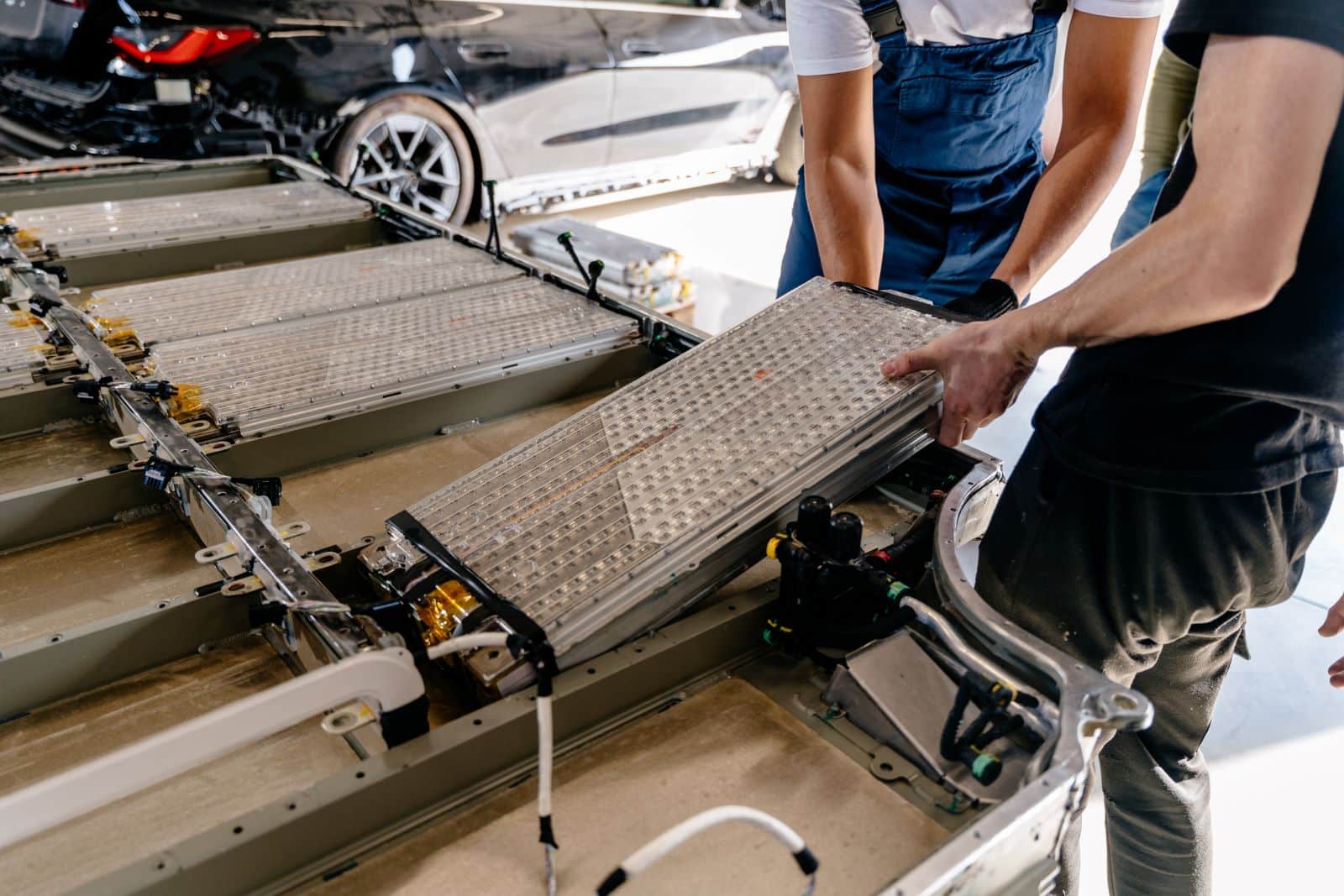
The new lithium extraction method could slash battery costs, making EVs much more affordable – an essential part of making the transition to net zero.
Rising Battery Tariffs
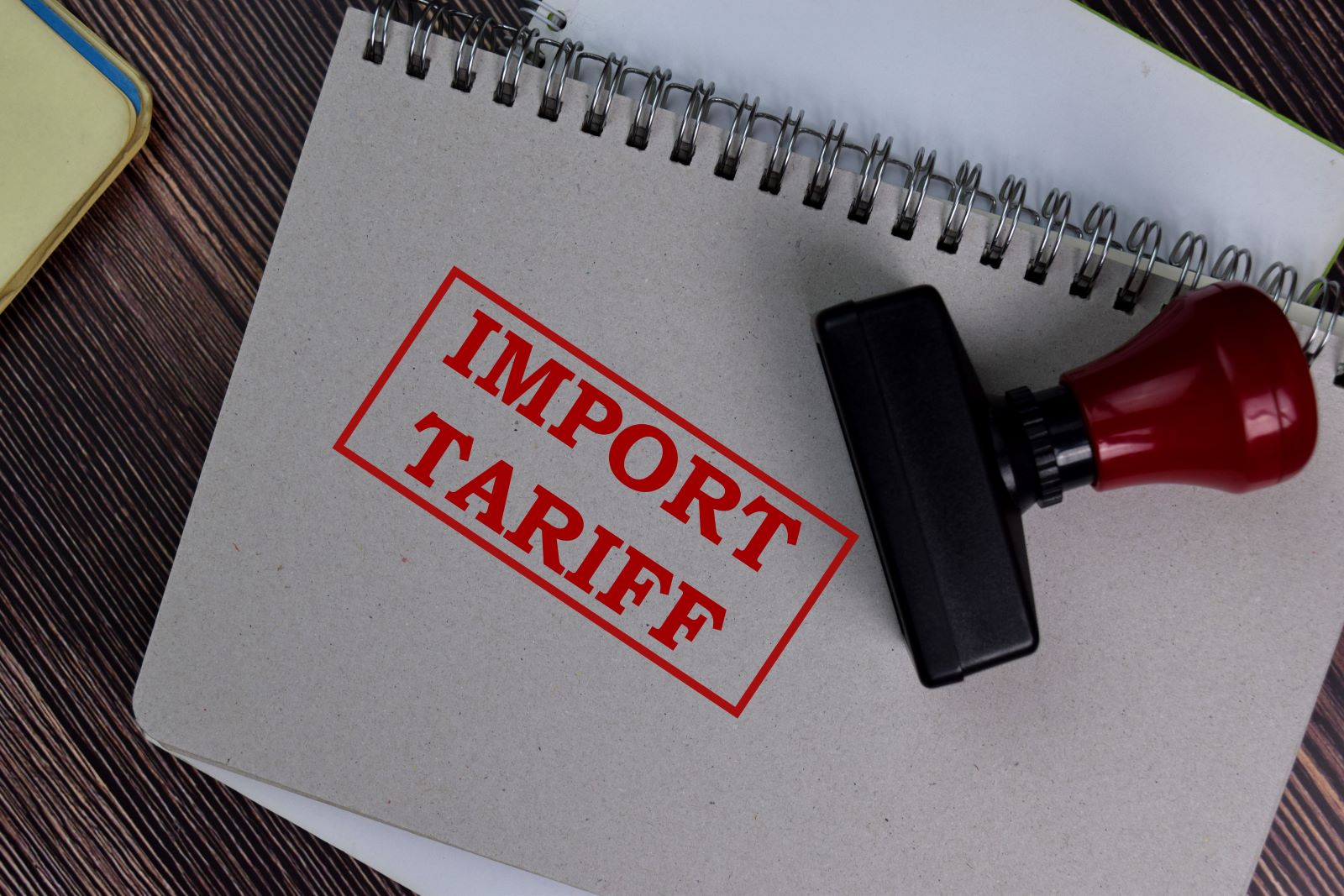
There are soon to be new tariffs on imported batteries from China, and this discovery could help with increasing domestic lithium supplies and cutting down on expensive imports.
Current Trends in Electric Vehicle Sales

This news couldn’t come at a better time, as EV sales are flatlining in Europe and North America.
Research Firm Insights

According to EV research firm Rho Motion, the EU and UK saw a 9% drop in sales this May compared to last year. In the US and Canada, sales dropped 3% year-over-year in May despite electric car makers ramping up production.
Hopeful Outlook for Commercial Viability

Researchers are hopeful this breakthrough will spark more R&D efforts to make this new method commercially viable. Cheaper and greener lithium extraction could be just around the corner – transforming the EV market.
Alternative Approaches to Lithium

Efforts are also underway to reduce our reliance on lithium entirely. Microsoft and the Department of Energy’s Pacific Northwest National Laboratory discovered a new material that might replace lithium in rechargeable batteries earlier this year. Researchers are also working on ways to double the lifespan of Li-ion batteries.
Big Potential for an EV Revolution
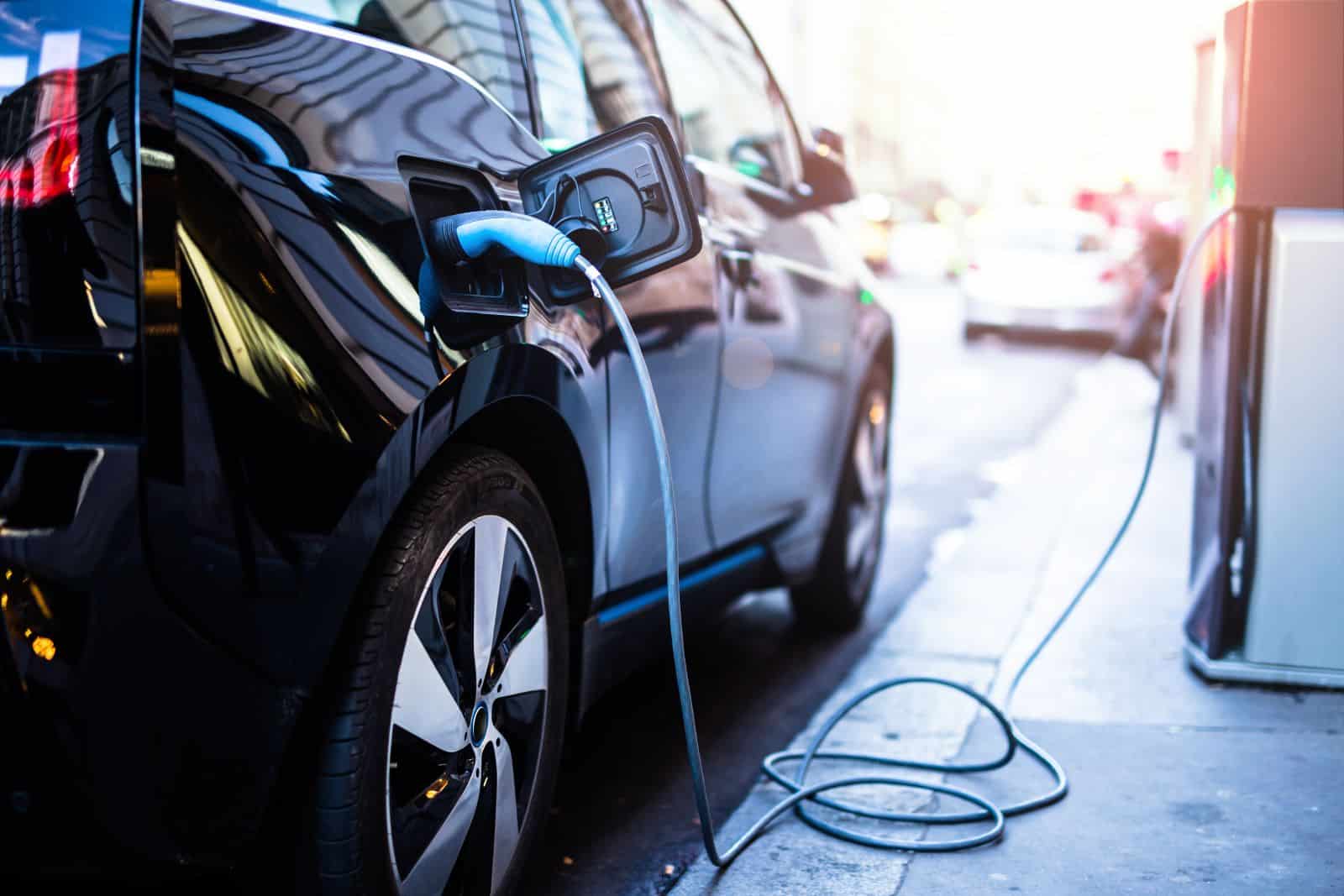
If this new method of lithium extraction gains traction, we could begin to see an EV revolution. Affordable EVs mean a greener country and a more sustainable future.
Budget Boss: 12 Tips for Managing Your Money Wisely

Embarking on a journey to master budgeting requires evidence-based strategies supported by research to manage your finances effectively and achieve your financial goals. Here are 12 research-backed tips, along with actionable steps to implement them, for mastering budgeting and maximizing your financial well-being. Budget Boss: 12 Tips for Managing Your Money Wisely
Ranking the Top and Bottom 24 U.S. Universities

Wondering which universities are the cream of the crop and which ones fall short of the mark? Today, we’re ranking the 24 best and worst universities in the United States to give you the inside scoop on higher education excellence and disappointment. Are you ready to uncover the highs and lows of academia? Ranking the Top and Bottom 24 U.S. Universities
18 Trending Jobs That Let You Travel While Working

Dreaming of turning your wanderlust into a way of life? Believe it or not, there are careers that not only allow but encourage you to explore the globe, dive into new cultures, and collect experiences instead of things. Here are 18 unconventional jobs that offer just that, with a bit more insight into each. 18 Trending Jobs That Let You Travel While Working
Featured Image Credit: Shutterstock / Karkhut.
The content of this article is for informational purposes only and does not constitute or replace professional financial advice.
For transparency, this content was partly developed with AI assistance and carefully curated by an experienced editor to be informative and ensure accuracy.





Leave a Reply